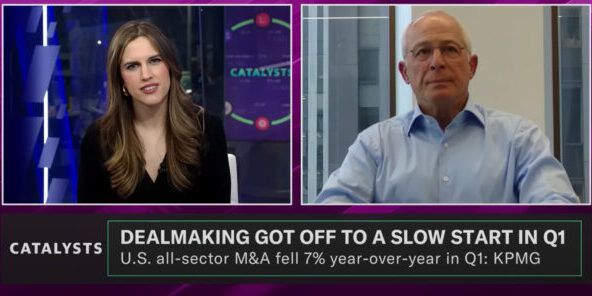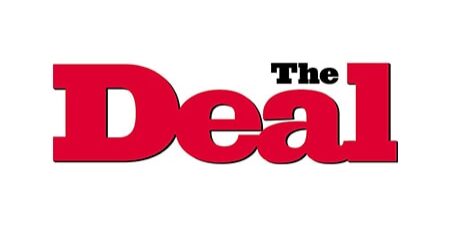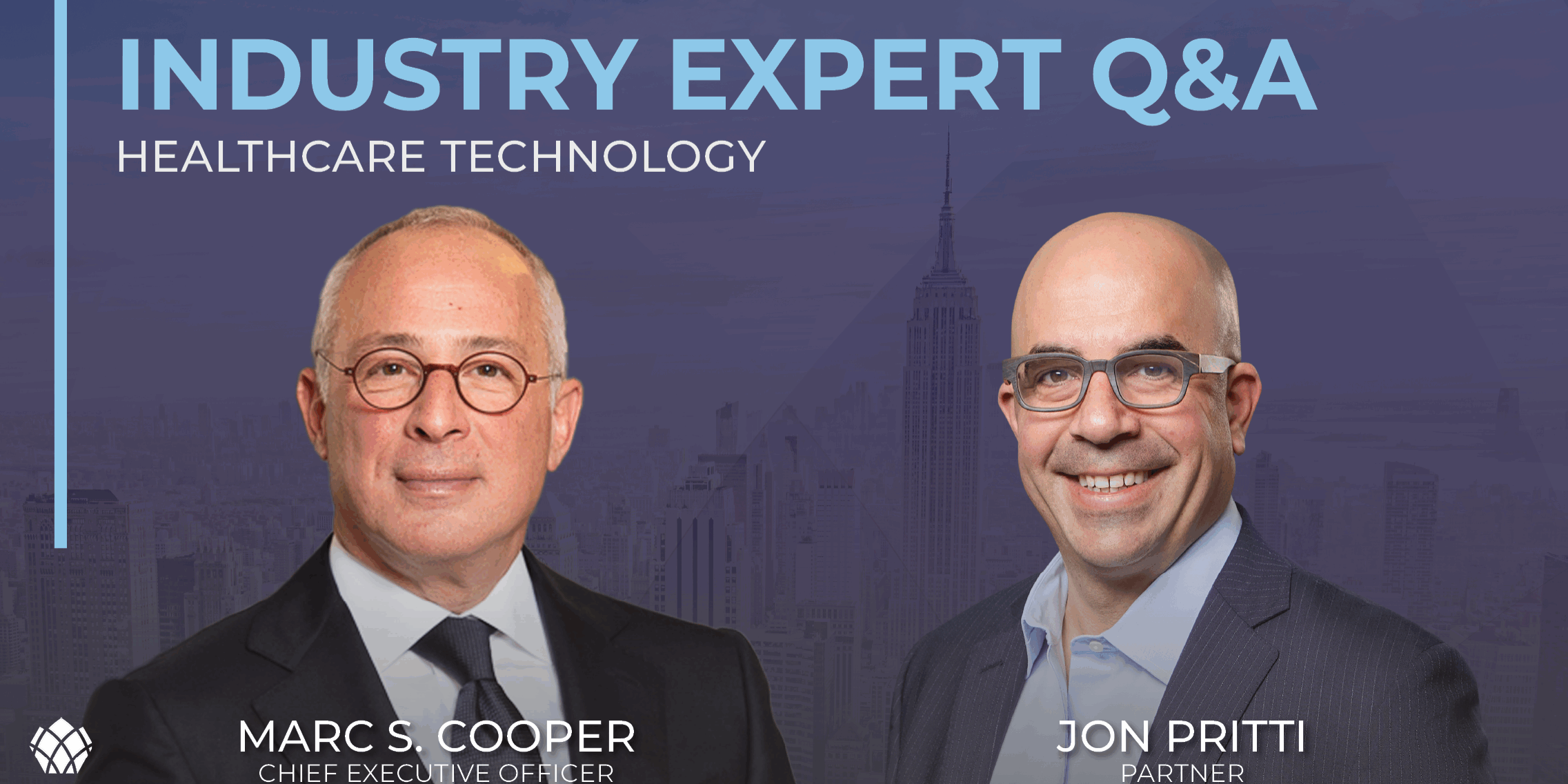Syed Husain Featured in Bloomberg Q&A

Solomon Partners’s Head of Pharmacy, Syed Husain, was featured in a Bloomberg newsletter Q&A where he shared his outlook for M&A in the pharmacy sector and overall healthcare industry.

Get Ready for More Debt-Financed M&A in Healthcare: Q&A
Syed A. Husain knows the drugstore business from many angles. A trained pharmacist, he’s been a drug sales rep and most recently headed corporate acquisitions and real estate for CVS Health until this year, when he joined investment bank PJ Solomon. He spoke with Lauren Coleman-Lochner on Sept. 9 about leveraged buyouts in the industry, and how the political climate will affect that.
How much M&A activity do you foresee in healthcare?
We’re seeing a lot of smaller and middle-market transactions that are moving forward and people are wanting to do deals. All of the big health-care players have recently just finished very large transactions. Then Covid hit, so now they’re focused on Covid care and then it will come back around.
There is a lot of sponsor funding. A lot of sponsors want to invest in health care. Before all of this, there were multiple areas of investment opportunities that yielded better returns and safer opportunities. In the past, sponsors may have shied away just because of the complexities of the health-care system, and specifically the pharmacy system, and I think that’s changed now that health care has become such a major topic.
What is financing going to be like for healthcare M&A?
There will be continued availability of financing, and in this era of COVID, additional levels of review and diligence will certainly be deployed. Debt investors should ensure that they thoroughly understand the underlying revenue cycle of the target health-care company as medical revenue cycle management can be very complex.
How is the pharmacy landscape changing?
Consolidation in the supply chain had started before Covid. We had straight PBMs [pharmacy benefit managers] that were independent, we had health plans and payers — well now you’re seeing those organizations combining. So as that happens you really want to take a step back and look at the pharmacy footprint. You used to need a pharmacy on every corner everywhere because that was the mechanism for getting a script in the door.
Who’s closing stores?
CVS, Walgreens, they’re not going to need the number of pharmacies that they have in each of their markets and so, especially with shifting to digital capabilities and delivery capabilities, you’re going to see some consolidation occur.
The groceries sector over the last year or two were exiting the pharmacy business. It’s just expensive to run pharmacies, and it’s also very complex. But now with Covid, all of the sudden a lot of the grocers are financially in a better position because people are cooking more at home.
Many grocers are also thinking, well, if I’m going to have to compete against, say, Amazon grocery or Walmart or other bigger grocery players like Kroger, will they have pharmacies? So now that I have a little bit more cash, a little bit more wiggle room, maybe I want to wait and see.





